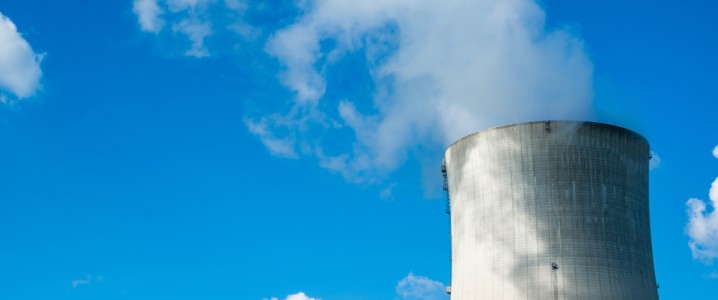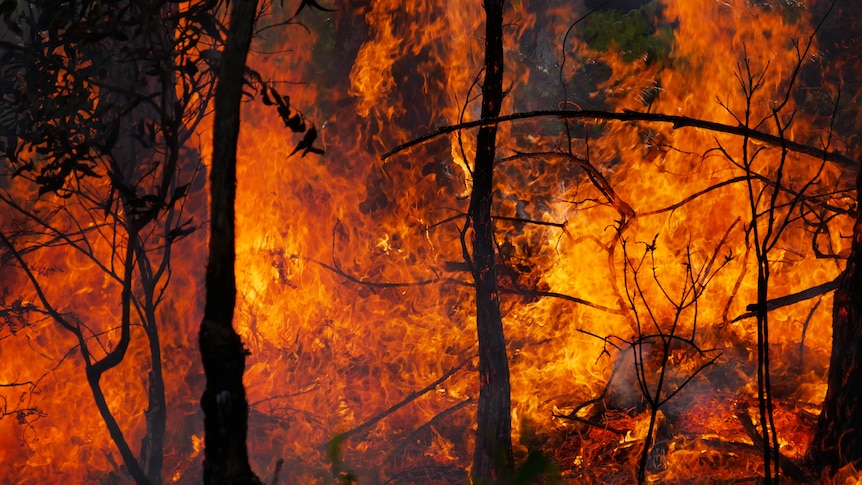
Iran and Russia have entered a new phase of collaboration in nuclear energy, focusing on the construction of small nuclear reactors (SMRs). This week, discussions took place in Tehran between Mohammad Eslami, the head of the Atomic Energy Organization of Iran (AEOI), and Nikolai Spassky, Deputy CEO for International Relations at Rosatom, Russia’s state-owned nuclear energy corporation. The talks were a follow-up to Eslami’s visit to Moscow last month, during which both nations signed a memorandum of understanding (MoU) aimed at enhancing cooperation in the construction of small nuclear power plants.
The two countries, which have faced significant Western sanctions, also agreed on collaborative efforts regarding the Iran–Hormoz Nuclear Power Plant Project. This initiative plans to establish four reactors, each with a capacity of 1,250 megawatts. Such projects underline a growing partnership in energy, particularly as both nations navigate the challenges posed by international sanctions.
As part of their broader energy strategy, Iran and Russia reaffirmed their commitment to increase cooperation earlier this year, highlighted by a deal involving Russian firms to develop oilfields in Iran. Discussions are also ongoing regarding the establishment of a natural gas hub within Iran, marking a significant step in their energy collaboration.
In January, the two nations formalized their alliance through the Comprehensive Strategic Partnership Treaty. This treaty encompasses a range of commitments, including a pledge to enhance cooperation in the energy sector, particularly in energy supply and swap operations. Both countries have intensified their collaboration in recent years, particularly after the Russian invasion of Ukraine, which resulted in a loss of many of Moscow’s traditional oil and gas customers.
The renewed focus on nuclear energy cooperation comes at a critical time for Iran, as the United Nations reinstated sanctions at the end of September 2023. In response to these developments, Iranian Oil Minister Mohsen Paknejad stated that Iran’s oil exports to China would continue unaffected. He emphasized, “In the last years, we have faced such severe restrictions from the unjust and unilateral U.S. sanctions that, in practice, [U.N. sanctions] won’t add much to this situation,” as reported by Reuters.
This trajectory of cooperation reflects not only the geopolitical realities faced by both nations but also their strategic intent to bolster their energy capabilities in the face of external pressures. As Iran seeks to expand its nuclear energy infrastructure, the partnership with Russia is poised to play a pivotal role in shaping the future of its energy landscape.







